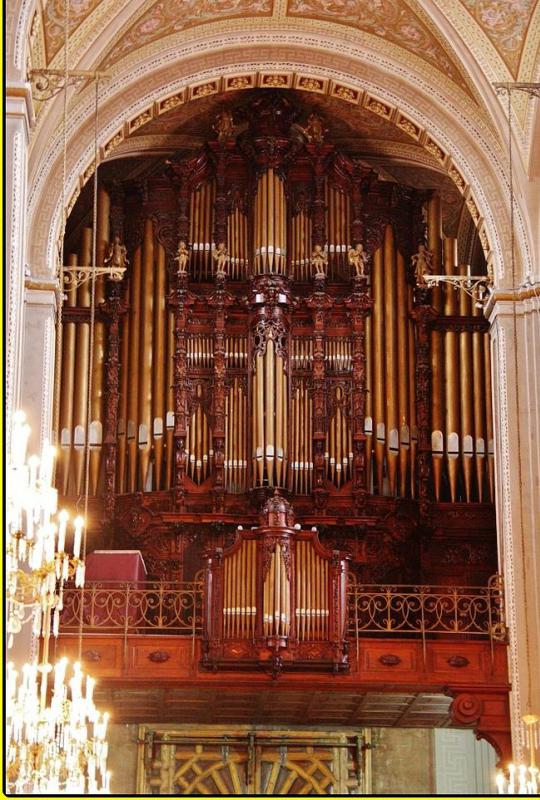At WiseGEEK, we're committed to delivering accurate, trustworthy information. Our expert-authored content is rigorously fact-checked and sourced from credible authorities. Discover how we uphold the highest standards in providing you with reliable knowledge.
Who is Schubert?
Franz Peter Schubert was an Austrian composer born in Vienna in 1797 and died there in 1828. Like Beethoven, who was born 27 years earlier but died only one year earlier, he lived between the Classical and Romantic eras. Schubert grew up in a musical family. He played viola in the family string quartet, and his father and older brother taught him music.
After studying organ with the parish church organist, Schubert won a scholarship and the opportunity to continue his studies, most notably with Antonio Salieri, the noted rival of Mozart. At the same time, he trained as a teacher and joined his father, also a teacher, and became assistant in a school that his father had founded.

His first pieces were in various genres: a piano duet, overtures, chamber music, three string quartets, and operetta that was left unfinished, and a song. Between 1813 and 1815, his productivity grew, and he wrote five string quartets, three masses, three symphonies, his first opera, but mostly, he wrote songs. It was during this period that he first set a poem by Goethe to music: "Gretchen am Spinnrade" (“Gretchen at the Spinning Wheel”). And it is in this period that his work is credited as forming the foundation of the musical genre known as the German lied, or art song.

He got a couple of years break from teaching and in this time he was introduced to Johann Michael Vogl, whose renditions of Schubert’s songs became extremely popular, but nevertheless, he had to go back to teaching to support himself until the summer of 1818. In this year he wrote his Sixth Symphony and, with his reputation growing, he had the first public performance of the Italian Overture in C Major in Vienna.

In 1819, he set his first widely-known piano work, Piano Sonata in A Major as well as the Trout Quintet and a number of songs. Vogl sponsored and starred in a production of Schubert’s opera Die Zwillingsbrüder (The Twin Brothers) in 1820, and performances of other works followed. Nevertheless, Schubert could not find a publisher for his work.
In 1821, this changed: a plan by his friends to publish one of his works by subscription was successful, and so his career in print was begun. Parties named for him—Schubertiaden—at which his songs and dance music were featured became popular. Yet his concern was to become well-known in opera, and he left a number of works unfinished in 1821 and 1822 as he pursued this goal. His Unfinished Symphony dates from this time, as did his contraction of a venereal disease.
He wrote the Piano Sonata in A Minor in 1823, and that same year, the song cycle “Die schöne Müllerin” (“The Fair Maid of the Mill”). But his opera Fierrabras was rejected for production. 1824 found him living in poverty and ill health with plenty of song performances, but with his operas still overlooked. Publication of his works turned around his financial situation.
But after he failed in his attempt to replace Salieri as Kapellmeister when Salieri retired, Schubert seemed to give up both on establishing himself and on promoting his operas, though his competition of impressive pieces continued. It was near the end of his life that he composed his Great Symphony in C, the Winterreise, and the String Quintet in C Major. Schubert gave his only public concert in March of 1828, and died of typhoid fever in November.
AS FEATURED ON:
AS FEATURED ON:













Discuss this Article
Post your comments